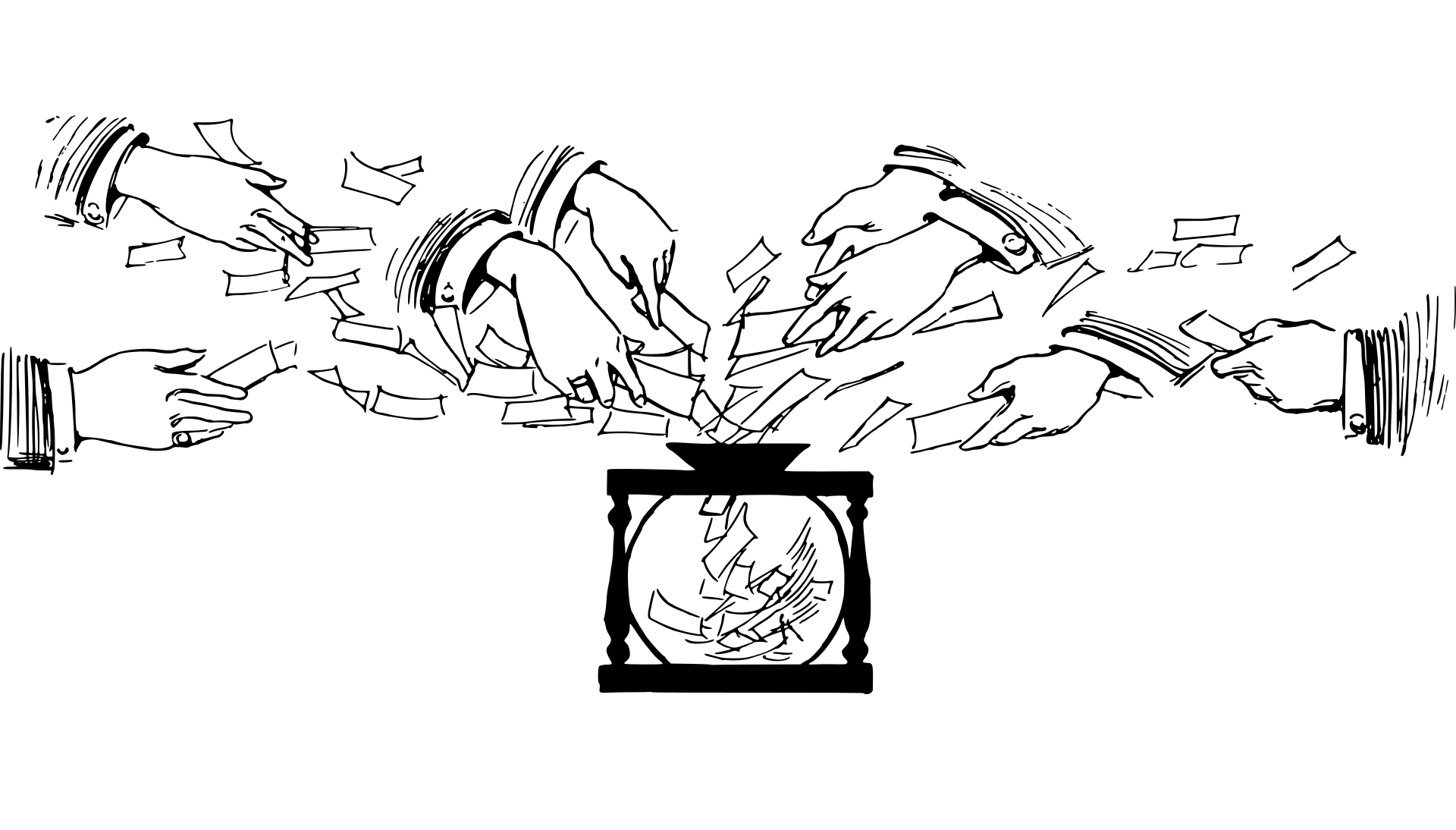Written by Zoe Wilkerson, Content Specialist, on behalf of Bit App ProAir.
Governance tokens represent a fundamental evolution in decentralized systems, serving as a cornerstone for democratic decision-making on the blockchain. In essence, these tokens grant holders the power to influence the direction and development of a decentralized network or protocol. As blockchain technology continues to mature, governance tokens have emerged as a critical mechanism for fostering community participation and ensuring the decentralized nature of these networks. Blockchain is a powerhouse that has made crypto a reality, which in turn has influenced financial systems. Register at https://bitiq-app.com/ now to learn about investing.
The rise of governance tokens
The concept of governance tokens traces its roots back to the early days of blockchain experimentation. Developments like BitShares and Decred pioneered the idea of incorporating governance mechanisms directly into their respective blockchains. However, it was not until the advent of Ethereum and the subsequent explosion of decentralized applications (DApps) that governance tokens gained widespread recognition.
Projects like MakerDAO, Compound, and Uniswap introduced governance tokens as a means of decentralizing control over parameters such as interest rates, collateral types, and trading fees. These tokens, often distributed through initial coin offerings (ICOs) or community-driven airdrops, represent both a stake in the network and a vote in its governance processes.
How governance tokens work
Governance tokens operate on the principle of token-based voting, wherein holders can use their tokens to cast votes on proposed changes or upgrades. Typically, each token represents one vote, although some systems may implement weighted voting mechanisms based on factors such as token holdings and duration of ownership.
The mechanics of governance vary but generally involve the submission of proposals, discussion periods, and voting periods. Proposals can range from technical upgrades to changes in protocol parameters or community initiatives. During the voting period, token holders can cast their votes in favor of or against the proposal, with the outcome determined by majority consensus.
In addition to direct voting, governance tokens may also incorporate features such as staking and delegation. Staking mechanisms require token holders to lock up their tokens for a specified period, thereby incentivizing long-term participation in the governance process. Delegation allows token holders to delegate their voting power to trusted representatives, enabling broader participation and ensuring that decisions reflect the collective will of the community.
Benefits of governance tokens
The introduction of governance tokens has brought about several key perceived benefits for decentralized systems. First and foremost, governance tokens empower token holders by giving them a voice in the direction and development of the network. This democratization of decision-making ensures that protocol changes are made in the best interests of the community rather than centralized authorities.
Furthermore, governance tokens play a crucial role in maintaining the decentralized nature of blockchain networks. By distributing governance rights among a diverse set of token holders, these systems are less susceptible to capture by any single entity or group. This resilience to centralization enhances the security and robustness of the network, fostering trust and confidence among users.
Challenges and criticisms
Despite their potential benefits, governance tokens are not without their challenges and criticisms. One of the primary concerns is voter apathy and low participation rates. Many token holders may lack the time or incentive to actively engage in governance processes, leading to low voter turnout and potentially skewed outcomes.
Another challenge is the risk of centralisation within governance systems. In some cases, a small number of token holders may accumulate a disproportionate amount of voting power, allowing them to exert undue influence over decision-making processes. This centralization of power undermines the democratic ideals upon which governance tokens are based and can lead to governance capture by wealthy or influential actors.
Real-world applications
Governance tokens have found widespread application across a variety of decentralized platforms. In the realm of decentralized finance (DeFi), projects like Compound and Aave use governance tokens to govern lending and borrowing protocols, while platforms like Uniswap and SushiSwap employ them to manage decentralized exchanges.
Decentralized autonomous organizations (DAOs) are another prominent use case for governance tokens. DAOs are community-governed organizations that operate entirely on the blockchain, with governance tokens serving as the primary means of decision-making. Projects like MolochDAO and The DAO have demonstrated the potential of DAO governance to facilitate collective decision-making and resource allocation.
Future outlook
Looking ahead, governance tokens are poised to play an increasing role in the evolution of blockchain technology. As the space continues to mature, we can expect to see continued experimentation with governance models and mechanisms, as well as efforts to address the challenges of voter apathy and centralisation.
One area of particular interest is the exploration of new governance token designs that prioritize inclusivity and accessibility. Projects like Quadratic Voting and Futarchy propose alternative voting mechanisms that aim to mitigate the influence of wealthy or well-connected individuals, thereby fostering greater equity and participation in governance processes.
Conclusion
In conclusion, governance tokens represent an important innovation in decentralized systems, providing a mechanism for democratic decision-making on the blockchain. By empowering token holders and ensuring the decentralized nature of networks, these tokens will play a significant role in shaping the future of blockchain technology. As the space continues to evolve, governance tokens will remain at the forefront of innovation, driving greater inclusivity, transparency, and decentralization in the digital economy.
Investing in crypto assets may result in the loss of capital.
[Image CC by Gordon Johnson from Pixabay]

